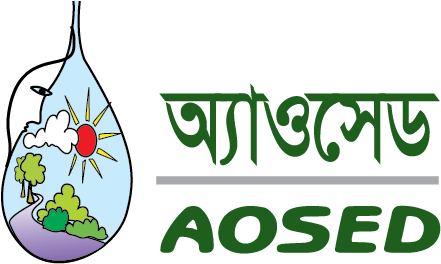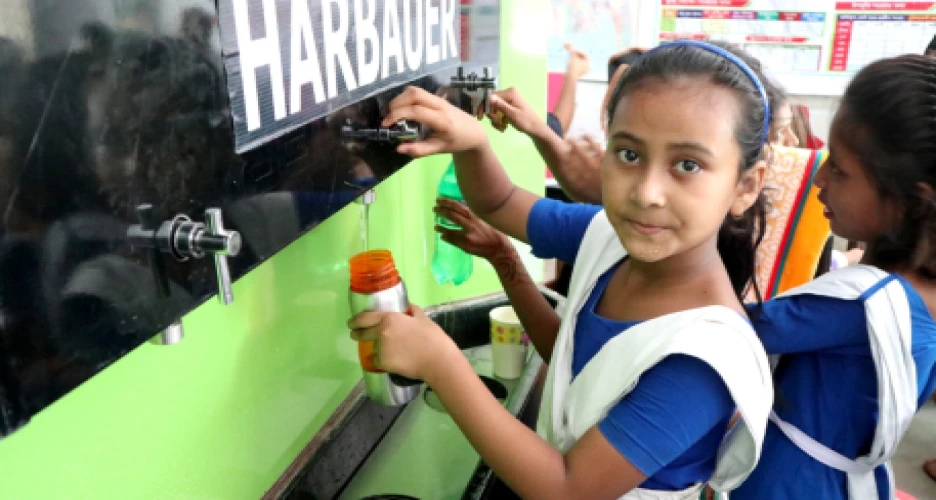Arsenic Free Safe Drinking Water for schools and hospitals in Climate Vulnerable Khulna Areas
In the climate-vulnerable areas of Khulna, Bangladesh, access to safe drinking water has been a significant challenge exacerbated by factors such as salinity intrusion due to climate change and widespread arsenic contamination in groundwater. Particularly in hard-to-reach areas, where natural calamities like flooding and riverbank erosion are frequent, the situation is dire. Moreover, the lack of proper sanitation facilities, hygiene awareness, and menstrual hygiene management compounds the issue, especially for schools and hospitals where vulnerable populations reside. With a significant portion of the population living below the poverty line, access to clean water and sanitation is a pressing issue affecting the health and well-being of thousands.
The project, funded by GIZ Bangladesh, aimed to address these challenges by providing arsenic-free safe drinking water to schools and hospitals in Khulna, Meherpur, and Pirojpur Districts. Through the installation of Water Bank treatment plants and the establishment of Water ATM Maintenance and Management Committees, the project sought to ensure the sustainable operation and maintenance of these facilities. Additionally, community development initiatives, capacity building programs, and awareness campaigns were conducted to enhance knowledge about safe water usage, proper hygiene practices, and the importance of sanitation, particularly targeting adolescent girls and students.
As a result of the project intervention, 1000 students from five schools and 1000 households across four Upazilas directly benefited from access to safe drinking water. Through community development efforts, awareness campaigns, and capacity-building initiatives, the project not only provided immediate relief by addressing the pressing issue of clean water but also contributed to long-term sustainability by empowering communities to manage and maintain water supply facilities. By improving access to safe water and promoting hygiene practices, the project significantly enhanced the living environment and health outcomes for the rural population in the targeted areas, thereby mitigating the adverse effects of climate change and improving overall well-being.





